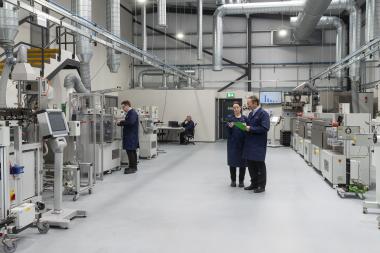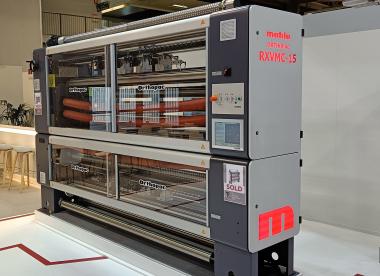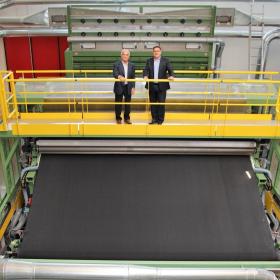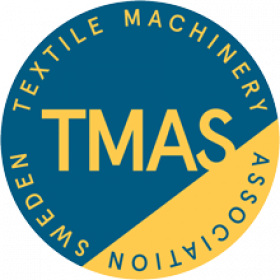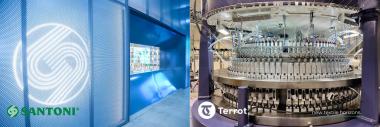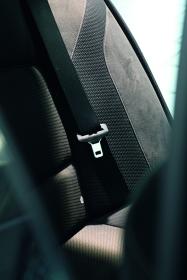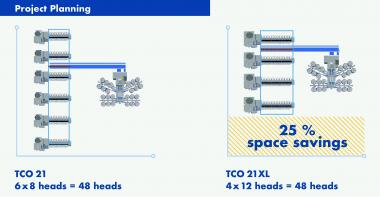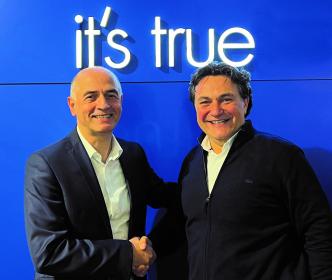Easy Cut Studio: Cutting software with Nesting Feature
EasyCut Studio, a developer of sign-making software solutions, has launched a new enhancement to its vinyl cutting software, Easy Cut Studio, which now includes true shape nesting.
This new feature enables all users to reduce their material waste in average by 40%. The option improves the arrangement of multiple objects per job by rearranging the objects based on their actual shape.
In addition to the new nesting feature, this update also includes more than 10 new cutter drivers, the official support of macOS Sonoma, several bug fixes, compatible with several new vinyl cutters and improvements to the stability and performance of the software, enabling users to design, print and cut more efficiently.
EasyCut













